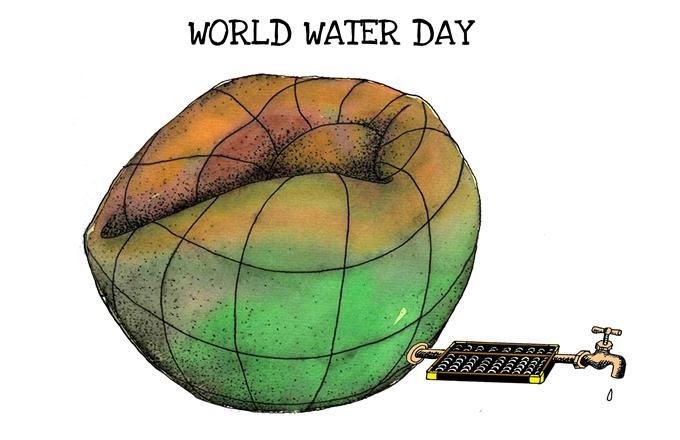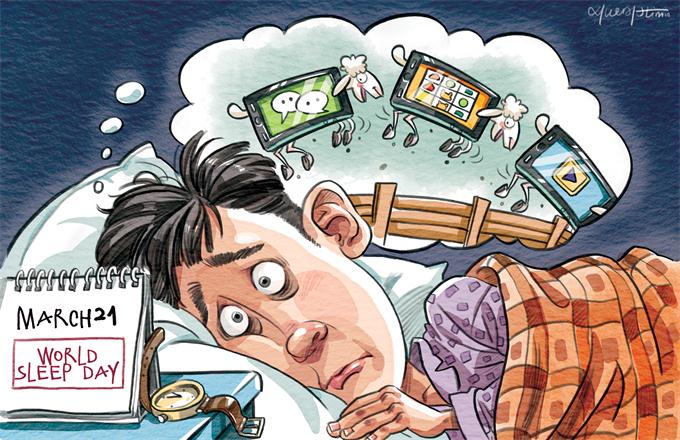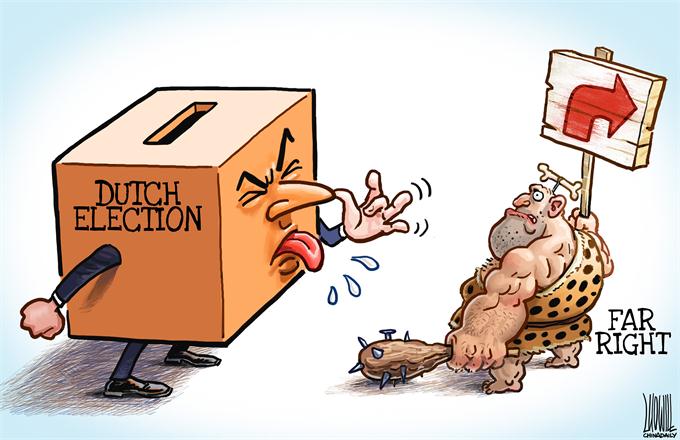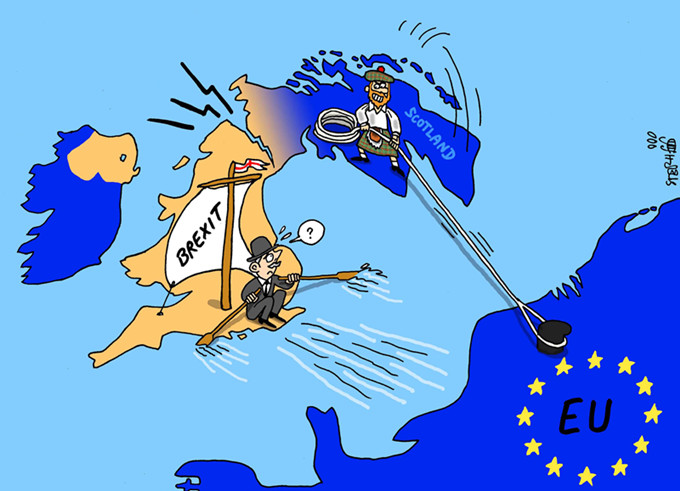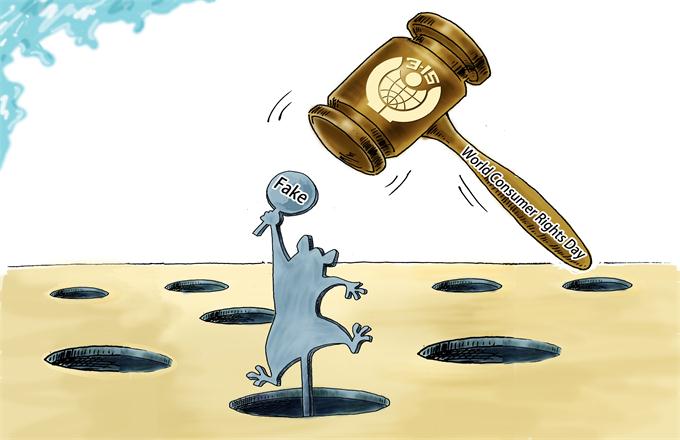Confucian governance links past with present
That is why, in the Chinese language, one cannot separate the state from all under the heaven. The ruler can be an individual, as he/she always is, but he/she rules only for the good of all under the heaven. Politics, by this very nature, is a public business.
Once the public-ness is jeopardized, the ties between the ruler and all under the heaven, his base of legitimacy, will collapse. So follows the dynastic regime. Chinese intellectuals, most noticeably Confucian scholars, always tend to appoint themselves as the bridge between the ruler and the public.
Q: How does public-ness translate into governance on the everyday level?
A: It gives rise to a matching practice in human resources management. To recruit civil servants through open, nondiscriminatory examinations was one of China's important contributions to civilizations across the world. It is the best way to build meritocracy on the basis of evenness and fairness, and equal opportunities.
During the Tang Dynasty (AD 618-907), a most cosmopolitan period in ancient China, at least 23 foreigners assumed the prime minister's post after receiving education in this land, a phenomenon without comparison elsewhere in the ancient world.
Q: In the West people also attach great importance to public good and public services. How do you differentiate China's traditional public-ness from the Western concept?
A: The Chinese concept, as I said, lays emphasis on evenness and fairness. Not many Chinese would be comfortable with a "winner-takes-it-all" scenario in politics. This also explains why Chinese have no interest in having rivals fighting for group interests to the extent of failing to promote public welfare and even to delay the solutions to lasting problems.
The Chinese concept of legitimacy, as Confucian scholars would have it, comes not from who has won power, but who can deliver more and better public services. Such understanding can shed much light on China's history as well as its ongoing anti-corruption campaign.
zhangzhouxiang@chinadaily.com.cn
- Confucianism is needed in people's daily lives, scholars say
- Over 150 scholars attend Confucianism meeting
- Money cannot buy real Confucianism philosophers
- The rebirth of Confucianism
- Researchers compile complete works of Confucianism
- Confucianism not rural priority
- Culture Insider: How Confucianism shaped China




